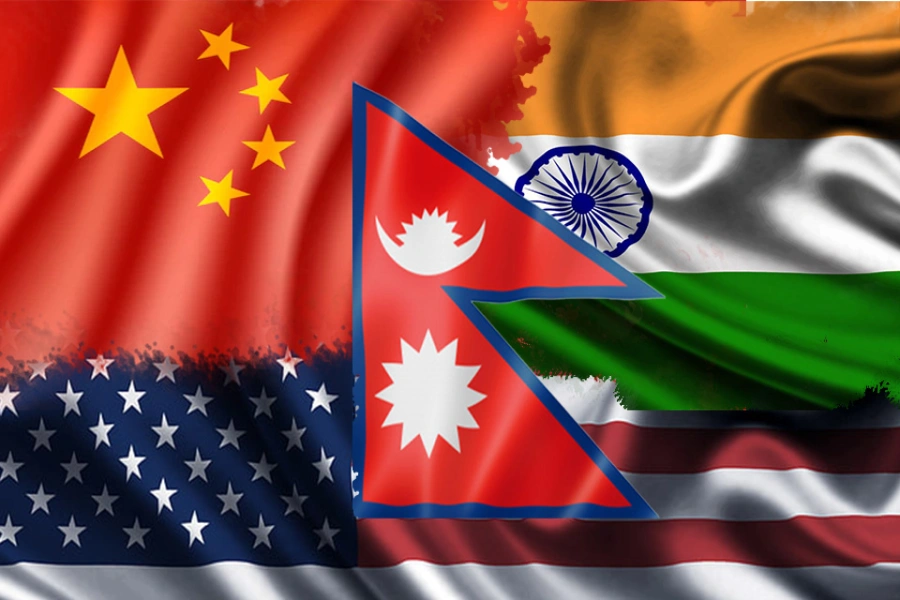KATHMANDU, Feb 23: The government has largely failed to protect migrant workers from unlawful and criminal conducts by dishonest recruitment agencies and agents despite the sizeable contribution of remittances in the economy, according to a recently published report of a human rights watchdog.
In Nepal, the culture of impunity for unlawful and criminal recruitment practices has become rampant due to the government's inaction and inability to implement migrant workers-friendly policies, such as 'Free visa-free ticket' policy that was introduced to curtail recruitment charges by agencies, states an annual report of Amnesty International published on Thursday.
Likewise, the injustice against migrant workers is evident from the fact that over 8,000 migrant workers filed cases against recruitment agents but fewer than 100 agencies were fined or referred to the Foreign Employment Tribunal for violating foreign employment laws, the report says.
The annual report for 2017/18 titled 'The state of the world's Human Rights' has highlighted the current condition of human rights in 169 countries. Coinciding with the worldwide launch of the report, the national chapter of the watchdog organized a conference in Kathmandu to make the report public.
Malaysian govt decides to impose ban on migrant workers from Ju...

Some of the common cases of violation of migrant workers' rights in Nepal include recruiters routinely charging them excessive fees and deceiving them about the terms and conditions of their work abroad. According to the report, some recruitment agencies themselves were involved in human trafficking.
Despite large contribution of remittances in the economy, only one percent of Nepal's budget was allocated to government departments mandated to protect labor migrants, according to the report. This only shows the government's nonchalant attitude toward the rights and well-being of migrant workers, the report stated.
The injustice against migrant workers is evident from the fact that over 8,000 migrant workers filed cases against recruitment agents but fewer than 100 agencies were fined or referred to the Foreign Employment Tribunal for violating foreign employment laws, the report says.
The organization further mentioned that Nepali migrant workers abroad are facing blatant violations of human rights, such as breach in contract by employees, confiscation of passports, poor working environment, abuse and violence. Their suffering is compounded by extreme difficulty to access support from Nepal embassies.
"Due to some forms of breach in human rights, hundreds of migrant workers have died during the course of foreign employment. However, authorities have failed to investigate the causes of those deaths," said Ashmita Sapkota, rights activist and Campaign Officer at Amnesty International.
The report also talks about Nepal's other concurrent human rights violations in other fields, such as excessive use of force to disperse protests in the tarai, failure to deliver transitional justice for armed conflict victims as well as inability to ensure the right to adequate housing for earthquake victims.
According to Laxmi Niraula, the organization's general secretary, Nepal made a handful of progress in its commitment to implementing human rights in 2017, such as by arresting murder-convict politician Balkrishna Dhungel after over a decade of committing the crime. Likewise, awarding life imprisonment to three Nepal Army officials for the torture and killing of Maina Sunar, the 15-year-old schoolgirl killed in 2004 during the conflict period, have also been taken as human rights achievement of 2017.
"Apart from handful of such cases, the overall situation of human rights last year remained bleak and dismal. The government has a long way to go in eradicating deep roots of impunity," said General Secretary Niraula, stating that implementing the existing policies on migration and justice would be the first step. He further added that that the current trend of inaction on the part of the government has caused concerns that the year 2018 may also be disappointing in terms of improvements in the field of human rights.



































